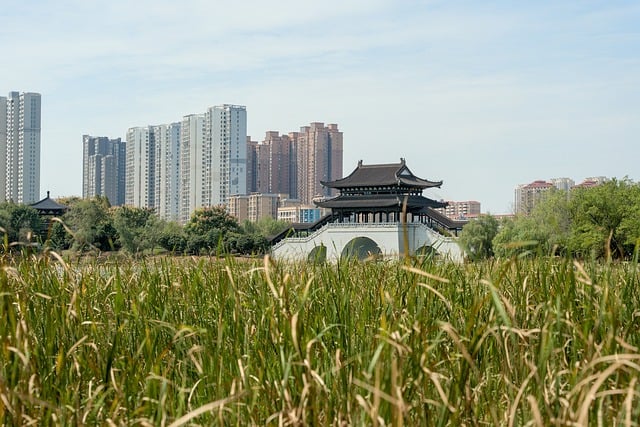In our increasingly busy lives, it can be easy to overlook the importance of sustainable practices in our communities. However, with a little effort and the right motivation, communities can significantly contribute to waste reduction and foster a healthier environment. From local gardens to eco-friendly initiatives, here are seven community-driven initiatives you can either support or start in your neighborhood.
1. Community Gardens
Establishing community gardens is a fantastic way to empower locals to cultivate their own food while promoting environmental stewardship. These gardens not only offer fresh produce but also reduce waste by minimizing the need for packaging and transportation. Imagine a vibrant green space bustling with neighbors tending to their vegetables, herbs, and flowers—a true celebration of nature!
2. Neighborhood Clean-Up Days
Organizing clean-up days allows community members to come together and take direct action against litter in their shared spaces. Whether it’s a park, a beach, or along the sidewalks, these initiatives encourage residents to recognize the impact of waste on our environment. It also fosters a strong bond as participants feel a sense of accomplishment after making their surroundings greener and cleaner.
3. Recycling Workshops
Knowledge is power, and organizing recycling workshops can help community members understand the importance of proper waste reduction techniques. By teaching residents how to recycle effectively, compost organic waste, and reduce single-use plastics, we cultivate a culture of sustainability. Residents will feel empowered to make eco-friendly choices every day!
4. Clothing Swaps
Fast fashion contributes to a massive waste problem, but communities can combat this by organizing clothing swap events. These events allow neighbors to trade unwanted clothes, providing a fun way to refresh wardrobes without contributing to waste. Plus, it can be a fantastic social event, reinforcing community bonds while promoting eco-consciousness.
5. Eco-Friendly Marketplaces
Support local artisans and farmers by setting up eco-friendly marketplaces where waste reduction is a priority. By providing a platform for sellers who focus on sustainable products—such as zero-waste containers, organic produce, and handmade goods—communities can help reduce the overall environmental impact associated with mass-produced items.
6. Tree Planting Initiatives
Trees play a vital role in enhancing air quality, conserving water, and supporting wildlife habitats. Community tree planting initiatives not only beautify neighborhoods but also promote nature conservation. Engaging residents in tree-planting campaigns can foster a deeper connection with the environment while significantly impacting climate change and waste reduction in the long run.
7. DIY Repair Cafés
Repair cafés are community events where local residents come together to fix broken items such as electronics, furniture, or clothing. Instead of adding to the waste stream by discarding damaged goods, people can learn valuable skills while saving products that still have life left in them. This initiative reinforces a culture of reuse and sustainability within the community.
By participating in or initiating these community green projects, we contribute to waste reduction and create a healthier, more sustainable environment. Each small action can lead to significant change, allowing us to enjoy the beauty of nature around us while ensuring its preservation for future generations.




